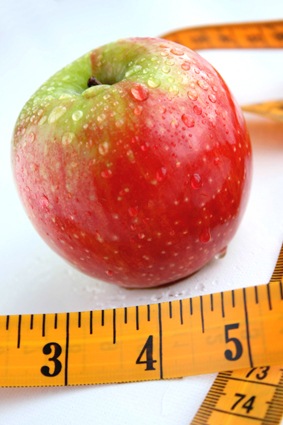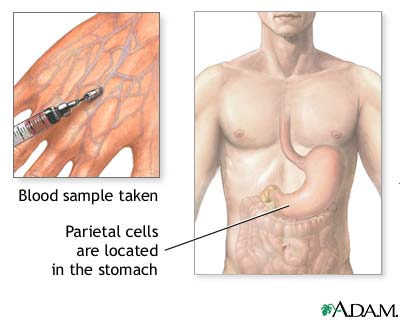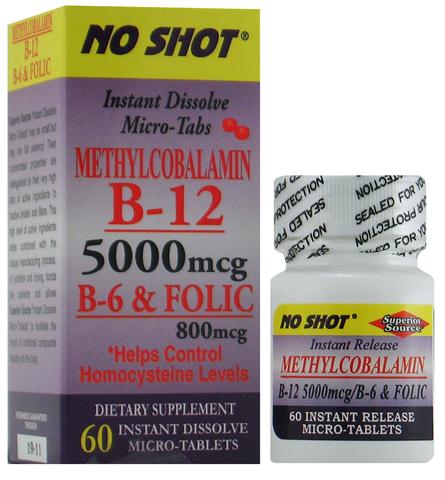T he word "diet" tends to scare most people. Being on a clean diet is nothing to be ashamed of! It just shows that you are taking action and being disciplined. Along with a clean diet, exercise is going to be the best way to accomplish your weight-loss goals! These are a few tips that will help with keeping a clean diet, losing a few pounds, and staying accountable.
he word "diet" tends to scare most people. Being on a clean diet is nothing to be ashamed of! It just shows that you are taking action and being disciplined. Along with a clean diet, exercise is going to be the best way to accomplish your weight-loss goals! These are a few tips that will help with keeping a clean diet, losing a few pounds, and staying accountable.
What is a "Clean" diet?
A clean diet basically means that anything you eat is a healthy food. No burgers, pizza, junk food, sodas, etc. Basically, if you know its bad for you, don't eat it. A clean diet consists of fruits, veggies, lean protein, whole wheat/grains, and healthy fats(omega 3's).
I can't stress enough the importance of water. On a typical day, our body will require about 8 glasses of water to maintain healthy weight loss, healthy skin, proper digestion, as well as increase energy. For those who are very active with either their job or exercise routine, the demand for water is increased. This is when I would recommend anywhere from 10-15 glasses per day.
Yes, thats right, cheat! We all have those cravings and foods that are extremely hard to let go. A cheat day once a week is going to help curve those cravings as well as boost metabolism. When you feed your body something that isn't normally in your diet, that causes your body to work harder to digest the food or "cheat meal" which causes that spike in metabolism.
Stay Accountable
 This is a VERY important part of living a healthy/active lifestyle. We all hit a point where we lose motivation and fall off track. This is more likely to happen when you don't have a way to stay accountable! Simple ways to help this is by sharing with everyone that you are on a diet, that you are trying to make changes in your body. This will be effective when people start to ask "Hey how is that diet going?". That is going to help keep you more consistent and on track with the diet/exercise routines. Another great way to be held more accountable is to have someone do the diet/exercise with you! Having a "Success Partner" is going to be a fun and effective way to ensure you are doing your best to stay on track.
This is a VERY important part of living a healthy/active lifestyle. We all hit a point where we lose motivation and fall off track. This is more likely to happen when you don't have a way to stay accountable! Simple ways to help this is by sharing with everyone that you are on a diet, that you are trying to make changes in your body. This will be effective when people start to ask "Hey how is that diet going?". That is going to help keep you more consistent and on track with the diet/exercise routines. Another great way to be held more accountable is to have someone do the diet/exercise with you! Having a "Success Partner" is going to be a fun and effective way to ensure you are doing your best to stay on track.
This is the most important part about any diet/exercise routine! Once you have lost the weight and gotten to feel happy and confident with the way your body looks, it's time to keep the weight off! To be able to maintain your current weight, you need to know how certain foods effect your body. Keeping track of caloric intake is a fantastic way to know what number to stick with in order to stay at the current weight. If you get to the point where you would like to lose more, you simply increase the exercising or decrease the calories each day.
















































